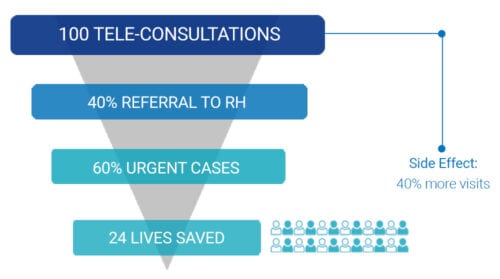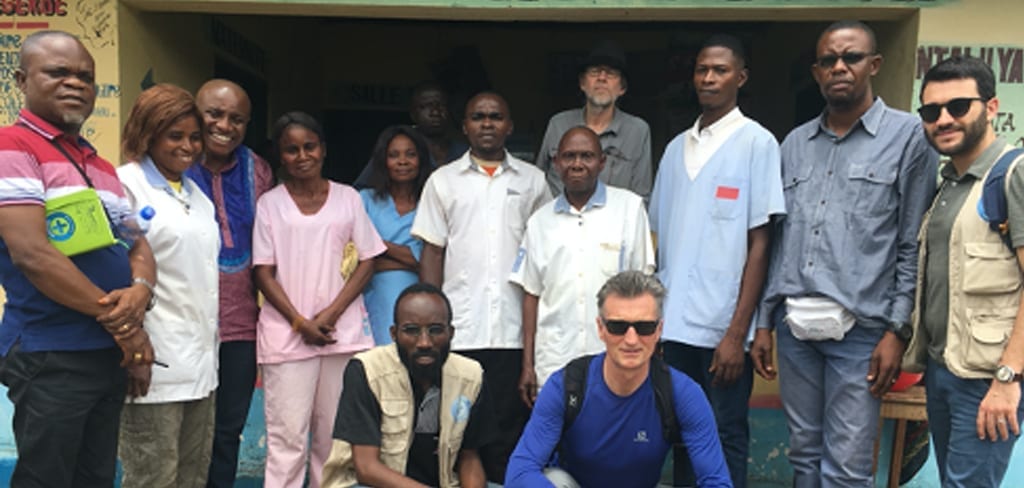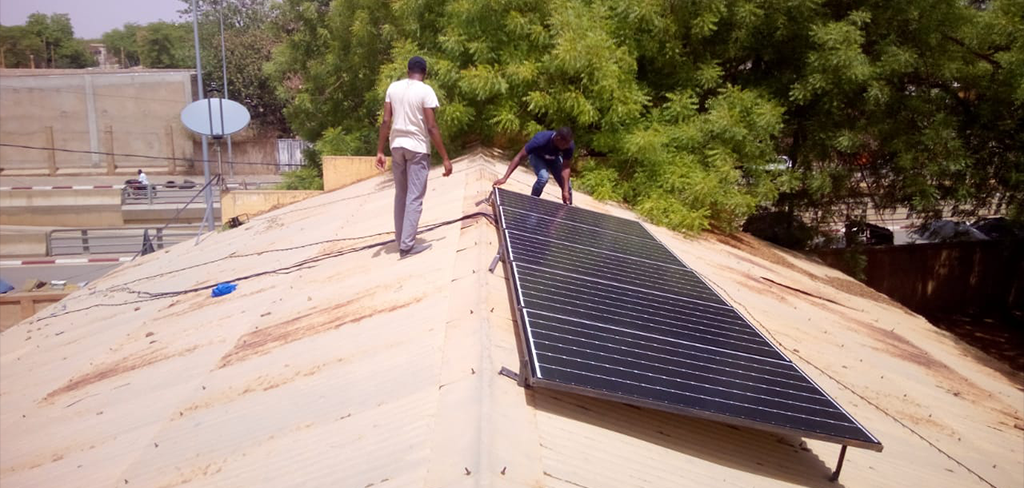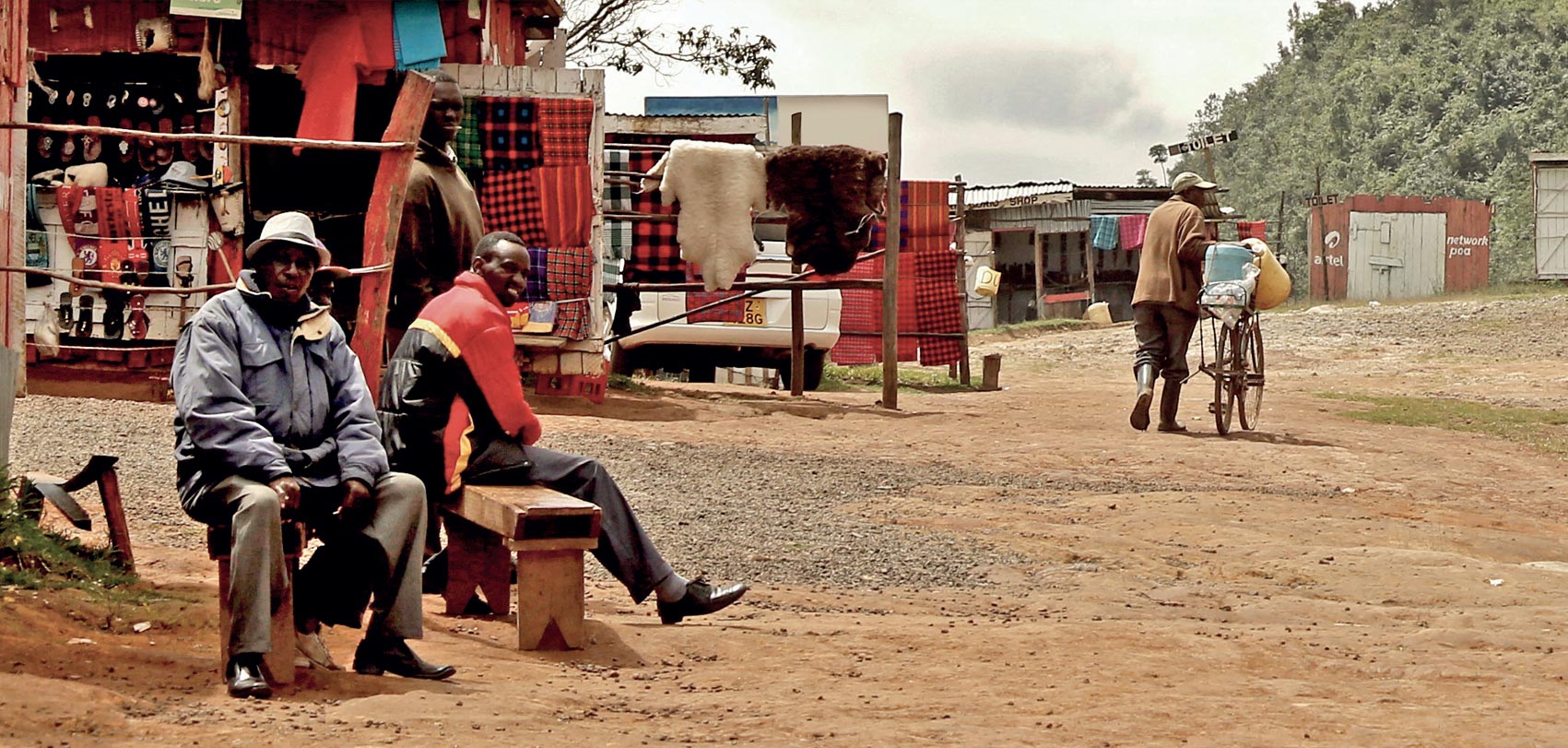Providing connectivity in rural maternity clinics in DRC – Satellite enhanced telemedicine and e-health pilot enabling real-time diagnosis of maternal health ailments and ultrasound images from rural clinics by specialists in the central referral hospital.
The challenge
Kingandu, a 2-day trip by car from Kinshasa, DRC is home to the district hospital, providing healthcare support to 18 rural and remote health centres and 121,000 people. With poor communication infrastructure in the region, it is hard for the staff in the local centres to contact the specialists from Kinganu hospital and get a proper diagnosis or referral for complicated cases.
The pilot
Today it is the centre of a telemedicine pilot, virtually connecting three rural maternity clinics to the central hospital. The pilot is undertaken by IRISTICK and its partners, with the financial support of USAID, DFID and the ESA co-funded ECO project led by Avanti.
How it works
In order to establish reliable connectivity between the centres and the hospital, Avanti installed VSAT equipment and satellite WiFi in the three pilot centres. Iristick provided smart glasses to the medical teams, including local nurses and midwives.
When a case in the remote centre requires the consultations of the doctors in Kingandu central referral hospital, the nurse starts a tele-consultation using the smart glasses allowing a smooth communication between the nurse, the doctor and the patient. Because the nurse has both hands free while communicating with the doctor, she can concentrate on the patient and perform any clinical examination as requested by the doctor.
Some very positive results in just a few months
Since the beginning of the pilot, 100 tele-consultations have happened, leading to 40% increase of cases being referred to the district hospital; 60% of these referred cases were urgent. In such a case, a healthcare worker in Kingandu jumps on a motorbike re-built for medical transport, and drives to the rural health centre to pick up the patient.
Meanwhile the number of visits to the rural health centre has increased by 45% due to the trust and good reputation of the pilot. People feel that they can get access to better quality healthcare. And more importantly, urgent cases do arrive in the district hospital, whereas previously, patients referred to Kingandu, often never arrived due to too long walking distance.





